The price of dry cocoa beans in Dak Lak and Dak Nong is being sold at around 240,000-260,000 VND per kilogram, more than double last year.
In the growing area of Dak Nong, many farmers sell each kilogram of dry cocoa beans for VND260,000. This is higher than the threshold of VND120,000 per kilogram of last year's crop.
This year, Thien Loc Phat Cooperative (Dak Wil Commune, Cu Jut District) no longer sells wet seeds, due to the long transportation time, which causes the seed weight to be lost by 7-10%, reducing profits. This cooperative currently has 200 associated farming households. They proactively buy fresh seeds from farmers, ferment them, dry them, and then resell them to purchasing businesses at a higher price.
"We are very excited about the price increase," said Nguyen Kim Dinh, a farmer with 3 hectares of cocoa in Dak Wil commune. Dinh previously planted coffee, but it was not effective. In 2002, he switched to experimenting with planting cocoa with 500 trees, becoming the first person to grow this agricultural product in the locality and gradually increased the number to 3,000 trees.
Similarly, in Ea Kar - the district with the largest cocoa plantation in Dak Lak - farmers are selling dry beans at VND240,000-260,000 per kilogram.
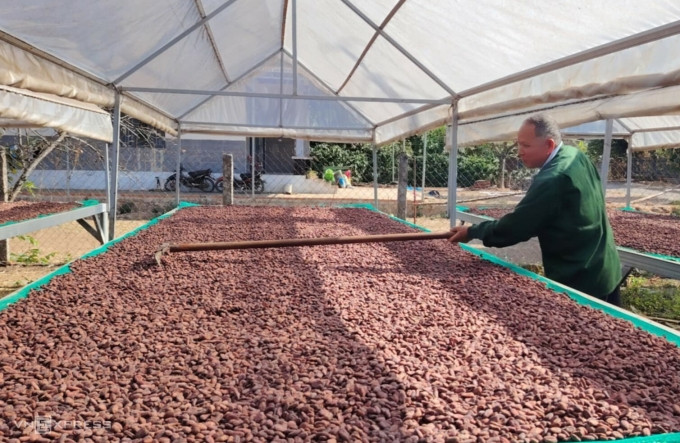
Not only dry seeds, wet seeds have also skyrocketed in price. Ms. Nguyen Hong Thuong, Director of Nhat Tam Agricultural Service Cooperative (Ea Dar Commune, Ea Kar District) said the price of wet seeds has almost tripled, from 30,000 VND to more than 80,000 VND per kilogram. Wet seeds are the finished product after the shell is removed. After being fermented and sun-dried, these seeds become dry seeds, with their value increasing many times.
This year, Ms. Thuong's cooperative supplied about 100 tons of dry beans, part of which was sold to Marou Chocolate Joint Stock Company - a chocolate manufacturer. Marou confirmed that the price of dry cocoa beans purchased from growers and cooperatives has doubled, making Vietnam one of the most expensive cocoa markets in the world.
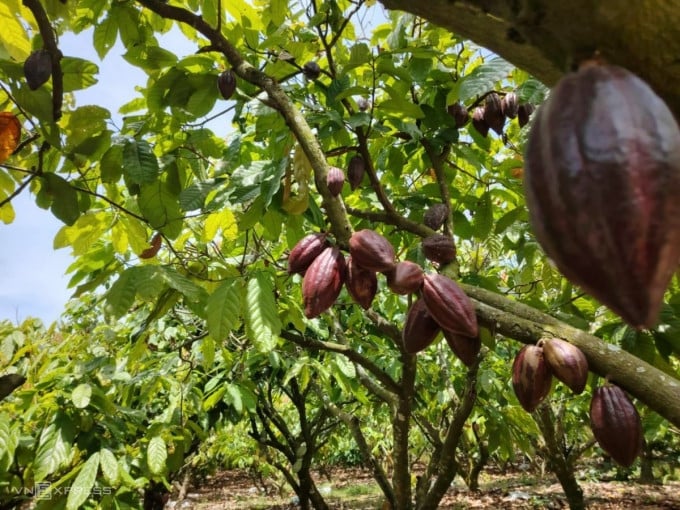
By the end of 2024, international cocoa prices were four times higher than they were two years earlier. Prices have now eased slightly, to around $8 per kilogram. However, this is still three times higher than in 2022, according to Vincent Gérard Mourou, Chairman and CEO of Marou.
Cocoa prices have risen on concerns about supply shortages in Ivory Coast and Ghana, which together supply 70% of the world’s cocoa. Reduced volumes due to drought and pests in key growing regions, combined with concerns among buyers, have pushed prices to historic levels.
Mr. Vincent said that world prices will continue to fall as the market adjusts and harvests improve, along with millions of new trees being planted. Therefore, dry cocoa beans in Vietnam will follow this trend, forecasting around 200,000 VND per kg. However, this is still more than double the level in 2023.
Prices have soared, but Vietnam’s cocoa growing area remains modest. In 2022, the country will have about 3,400 hectares, yielding 5,300 tons, a sharp decrease from more than 25,000 tons in 2012. This area is also modest compared to coffee (730,500 hectares) and cashew (300,800 hectares), as of the end of 2024.
In fact, in the period 2013-2014, farmers in Dak Lak and Dak Nong cut down cocoa trees to switch to growing more effective crops. Mr. Dinh (Dak Wil commune, Cu Jut district, Dak Nong) said that the area of cocoa cultivation in the commune at that time decreased sharply. Farmers in the surrounding area started to replant about four years ago, when cocoa prices were high and they were trained in standard techniques, instead of growing spontaneously. In recent years, many businesses have come directly to the gardens to buy cocoa, "both Western and Vietnamese," Mr. Dinh said.
Ms. Thuong, Nhat Tam Cooperative (Ea Kar district, Dak Lak) also witnessed farmers around the commune cutting down 200 hectares of trees in just 2 months. However, growers now "love" this agricultural product more than durian, because of the stable output thanks to the close connection between farmers, cooperatives and businesses. However, due to the rapid increase in prices, Nhat Tam Cooperative faces challenges when purchasing from farmers because many parties offer higher prices.
Source




![[Photo] Prime Minister Pham Minh Chinh chairs meeting on nuclear power plant construction](https://vphoto.vietnam.vn/thumb/1200x675/vietnam/resource/IMAGE/2025/10/22/1761137852450_dsc-9299-jpg.webp)

![[Photo] Da Nang: Shock forces protect people's lives and property from natural disasters](https://vphoto.vietnam.vn/thumb/1200x675/vietnam/resource/IMAGE/2025/10/22/1761145662726_ndo_tr_z7144555003331-7912dd3d47479764c3df11043a705f22-3095-jpg.webp)
![[Photo] Award Ceremony of the Political Contest on Protecting the Party's Ideological Foundation](https://vphoto.vietnam.vn/thumb/1200x675/vietnam/resource/IMAGE/2025/10/22/1761151665557_giaia-jpg.webp)



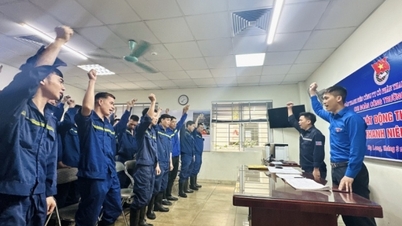
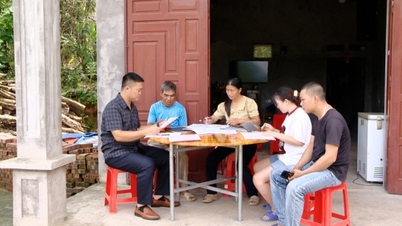








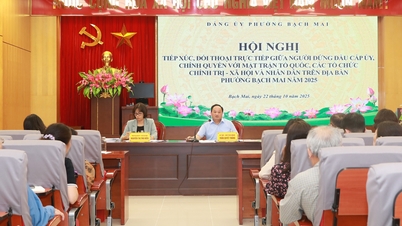

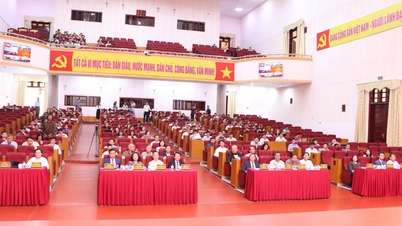

![[Photo] General Secretary To Lam and his wife begin their official visit to Bulgaria](https://vphoto.vietnam.vn/thumb/1200x675/vietnam/resource/IMAGE/2025/10/23/1761174468226_tbtpn5-jpg.webp)
![[Photo] Comrade Nguyen Duy Ngoc visited and worked at SITRA Innovation Fund and ICEYE Space Technology Company](https://vphoto.vietnam.vn/thumb/1200x675/vietnam/resource/IMAGE/2025/10/23/1761174470916_dcngoc1-jpg.webp)












































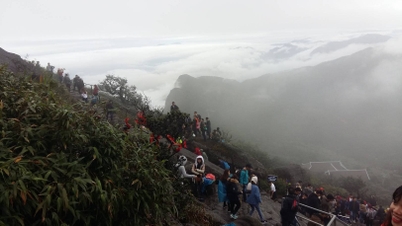

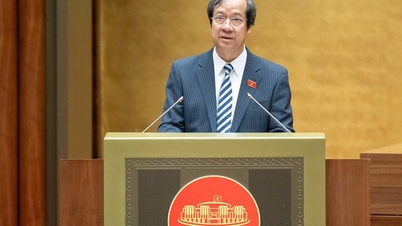



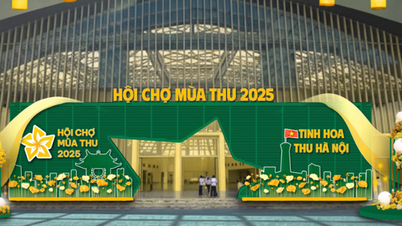







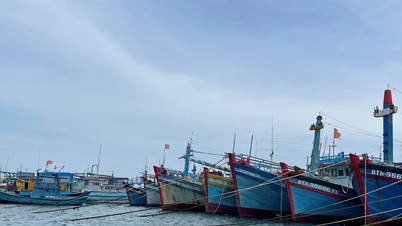





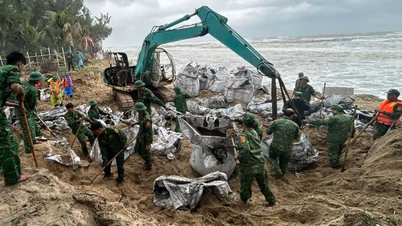













Comment (0)